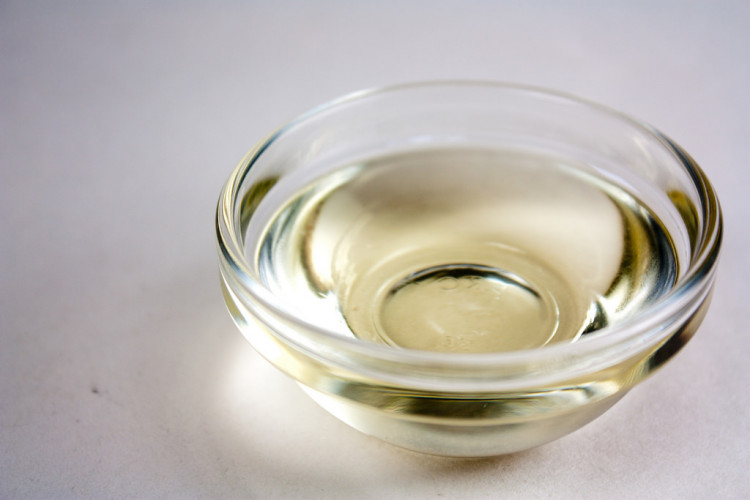Contrary to popular belief, coconut oil is not as healthy as you think it is. In a now-viral 50-minute German talk by Karin Michels, she revealed it is "pure poison."
Michels is a director of the Institute for Prevention and Tumor Epidemiology at the University of Freiburg and a professor at the Harvard TH Chan School of Public Health. She shared a 50-minute lecture video on YouTube, titled "Coconut Oil and other Nutritional Errors," that caused quite a stir.
According to Business Insider, Michels talked about coconut oil's dietary recommendations and insisted it is "not healthy." She even recommended avoiding using this liquid as part of your diet as it is "pure poison" and "one of the worst foods" you can eat.
No study is revealed yet to prove the health benefits of coconut oil. Michels even described it as more hazardous than lard because it has saturated fatty acids, which can clog your coronary arteries.
This is not the first time coconut oil's alleged health benefits are scrutinized. In 2017, the American Heart Association (AHA) also recommended people to avoid saturated fatty acids that can be seen in coconut oil. This is even noted on its updated guidelines, per New York Post.
AHA found out in a study that all kinds of saturated fats, whether from coconut oil or other sources, damage heart health. Hence, it advised not to consume too much of it.
The study also confirmed coconut oil has more saturated fat than butter. Coconut oil contains 82 percent saturated fat while butter has 63 percent. This proves that not all plant-based food is healthy.
"We want to set the record straight on why well-conducted scientific research overwhelmingly supports limiting saturated fat in the diet to prevent diseases of the heart and blood vessels," lead author Dr. Frank Sacks said in a statement in 2017, via Global News. "Saturated fat increases LDL - bad cholesterol - which is a major cause of artery-clogging plaque and cardiovascular disease."
It was also revealed coconut oil is pure fat. Each spoonful of oil contains 100 calories.
Registered dietitian and blogger Abbey Sharp of Abbey's Kitchen revealed she would never put it on everything she eats or even takes a spoonful of it. But if you are going to use it for cooking, using it in moderation is fine. She also advised everyone to "get a wide variety of fats" to balance the fatty acids your body needs.






